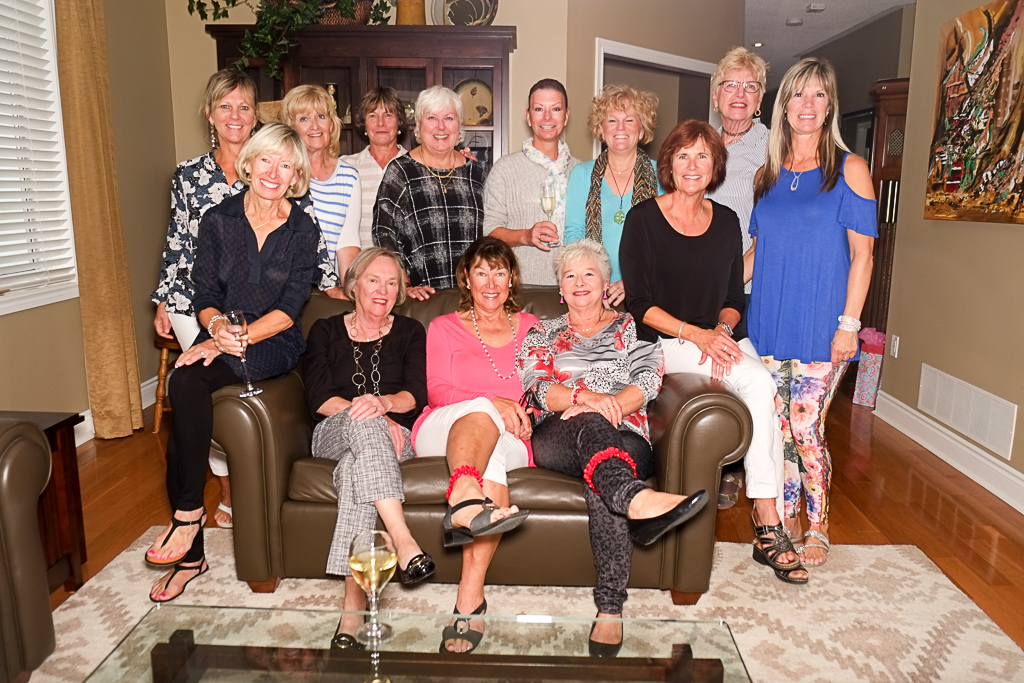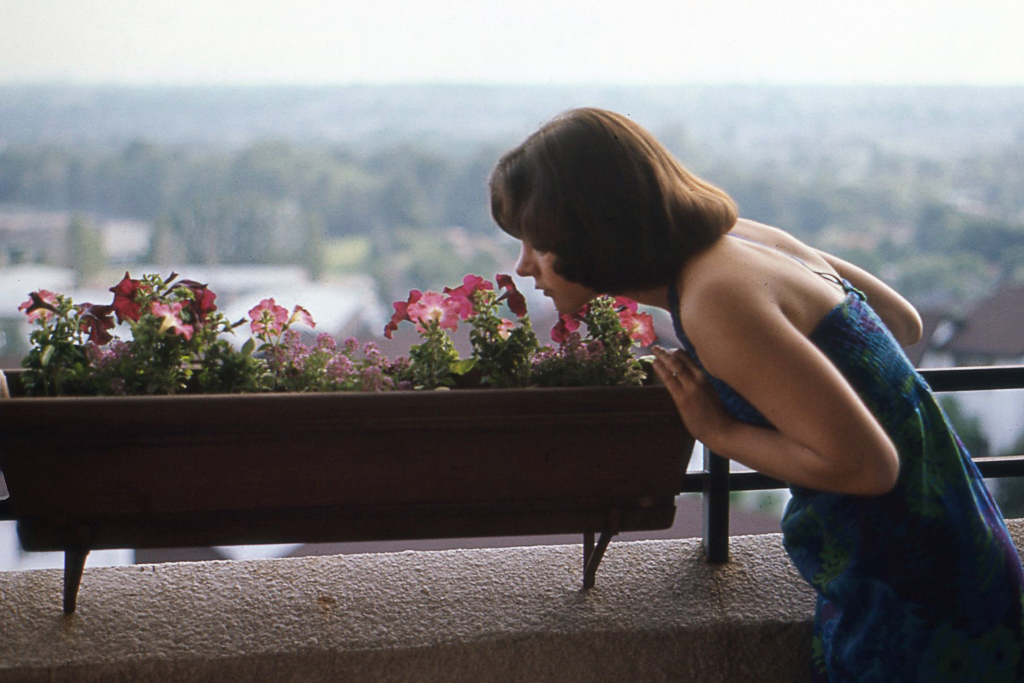It was a dark and stormy night; the rain fell in torrents - except at occasional intervals, when it was checked by a violent gust of wind which swept up the streets (for it is in Collingwood that our scene lies), rattling along the housetops, and fiercely agitating the scanty flame of the lamps that struggled against the darkness.
Aside from rather ugly weather this evening, Carol and I are having a moment to think about what we have done. We are moving away from many kind and wonderful people. For the past few days we have been extended every kindness. Friday we were invited to a gathering of a surprising number of Blue Shores residents at Collingwood Brewery and then again at Barb's home where we drank too much, devoured pizza, and in general acted like adolescents. It was all great fun. We will miss all of our friends in Collingwood - but never fear, we will return.

The US have their NRA and they have a lot of political clout. There is a new rather sinister movement building in Canada that is suggesting that we need to arm ourselves too:
- Do you ever drive by yourself at night? = Do you walk the dog or exercise when the sun is down?
- Do you have a family to protect?
- If something were to happen, would you be prepared?
The truth is, most people underestimate the importance of owning a great flashlight. And these days, in a world where terrorism, and natural disasters are becoming the norm, it's more important than ever to have the right tactical gear.
Oh Well
Mike and Nancy Dillon's cottage, Woodland Beach circa 1976.
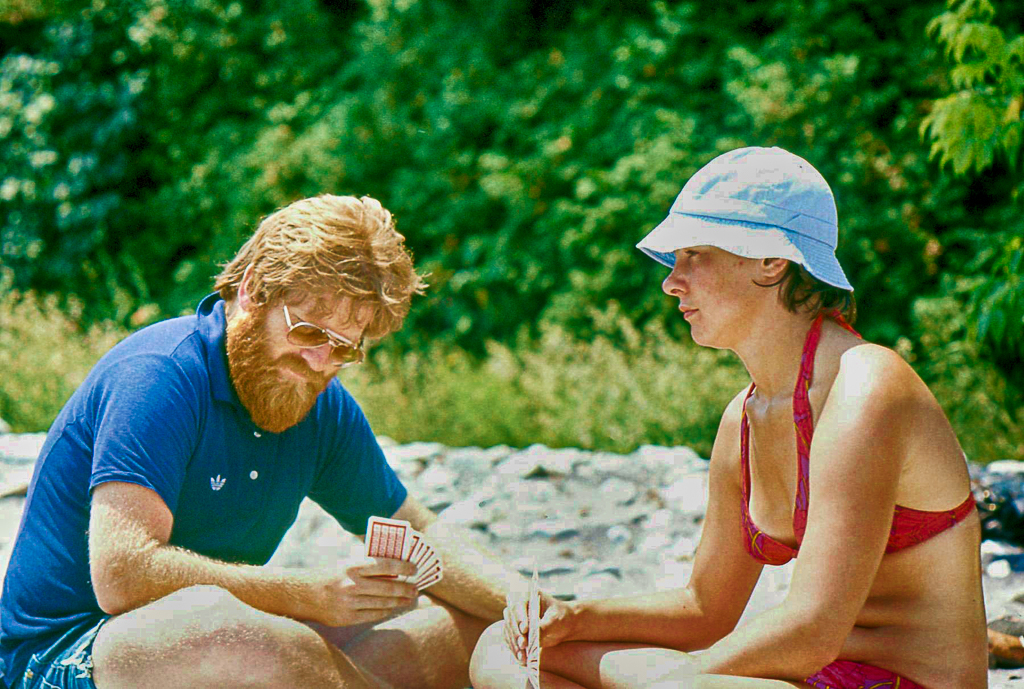
I found these ticket stubs in the purge. They are a pretty good bunch of performers.
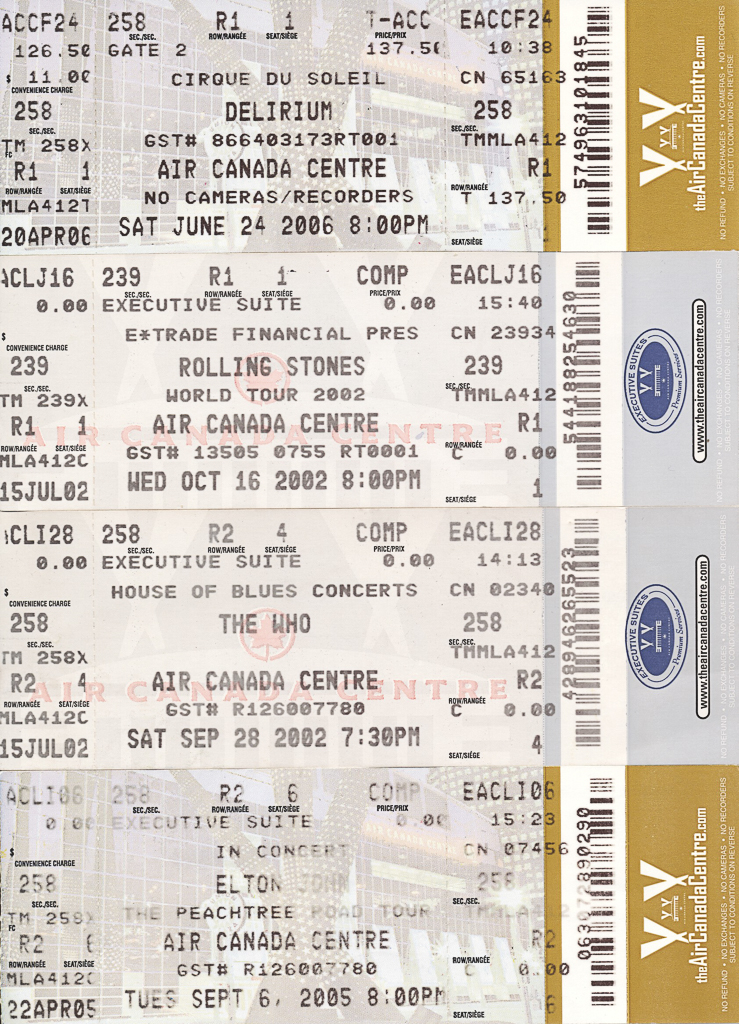
 As gruesome as this picture is, there is a pretty funny story behind it. She is a very cute little girl.
I just found an envelop of newspaper clippings from the 1940s about Gray's Shows. As you can imagine any time a travelling midway hits the newspaper it is not because they all attended church this past Sunday. Some are fun to read though - They can be found here: Fairground
We are in Guelph this morning. Glenn and Bronwen are in Toronto. Glenn's band "Tenth Planet" played the Horseshoe Tavern last night. The show was too late for Carol and I so we might as well babysit. That way we get to keep the same hours as a 4-year-old. those hours agree with us.
We are in St Jacob's tonight. Picked appliances today in Kitchener. Then on to Waterloo to pick two fireplaces. Carol was disappointed with the selection. We think that we have the fireboxes picked, but the surrounds did not appeal. Tomorrow we meet Melissa the "upgrade" lady. My fear is that she will be a highway robber - crap is included in the purchase price but the good things cost real money. I keep telling myself that we will be OK. We can handle her. She is just the "Upgarde" lady. Then I remember that this is her game, and that we are the yokels and my heart goes cold.
I am listening to a bunch of Ron Hynes tunes tonight. Started with "From Dublin with Love" then on to "Dark River" and "Brown Eyes", finishing with favourites "The Ghost of Dana Bradley" and "Cape Spear". We saw Ron perform live twice. Once as part of a program about mental health and addiction. Katie went with me. He sat on stage with one of his doctors to talk about his addictions. Then he performed. I have never seen a performer give more of himself. The evening was capped with a showing of The Man of a Thousand Songs - his auto-documentary.
Years ago, I listened to Shelagh Rogers do an on-air telephone interview with Ron from the hall telephone at Bellwood Addiction Centre in Toronto. He seemed so sane, yet there he was in addiction rehab. He told how in a long-previous phone call to his mother he got the core of one of his great songs - "The Mother Who Bore You In Pain". It was a phrase she used as she expressed her anguish about his addictions. It was a song that Carol could barely listen to. He could not fix the problem but he could acknowledge his failures through the song. It was a brilliant interview. I have contacted Shelagh to find a copy of the interview. (Shelagh got back to me , she did not do the interview)
"Cape Spear" is such a friendly song with a good melody, some tricks in the lyrics, and wonderful images. When we were in Newfoundland in 2012 we went to the south shore and Cape Spear just because of this song.
"The Ghost of Dana Bradley" breaks my heart. After writing the song he visited her parents to get their permission to perform the song.
I do love sad songs. I have a big Ron Hynes collection. "Dry" . . "My Name is Nobody" . . "Carry this Cross" . . "Judgement"
Got tickets to see Catherine MacLellan - Nov 8, 2017. For those of you who do not recognize the name, her father was Gene MacLellan the singer-songwriter from Prince Edward Island who wrote Snowbird, arguably the song that launched Anne Murray's international career. Read on - the next post is about Catherine too.
Posted on (her website) August 10, 2016 by Catherine MacLellan
I had the most wonderful time at the Lunenburg Folk Harbour Festival in Nova Scotia. I was there with the Eastern Belles and I was struck again by how truly this is a folk festival. The audience loves old folk songs, loves to engage and sing along and also is genuinely interested in each act for who they are and their original music. It feels, maybe, like stepping back into the 1960’s when folk music and pop music were one and the same.
So thank you, Lunenburg, for that.
During the weekend there was a 2 hour Ron Hynes tribute that I was a part of alongside Dave Gunning, the Fortunate Ones and the Ennis Sisters. It was a beautiful experience sharing the songs of Ron but also so many stories.
There were about 200 people crowded into the Lunenburg Schoolhouse and it was so intimate. We all laughed and cried together.
I had decided to play 1962, which is my favourite of his songs, but I needed one more and so I chose to play Godspeed. Now, Godspeed is a song that Ron Hynes wrote right after my dad died and it’s a farewell to a man who took his life and it questions why but in kindness and compassion.
Ron always told me how he had been meaning to get together with Gene (my dad) to co-write a song. He had finally worked up the courage to call him when he heard the news that my dad had died. Ron was devastated. He told me how just days afterward Godspeed came to him like a gift from Gene, like they finally got their co-write. As I got older and started my own career in music, I was fortunate enough to be able to tour with Ron and see him play many times. Every night, Ron would play Godspeed and I would always cry my eyes out.
From the Gene MacLellan Tribute, Ron Hynes & Catherine MacLellan:
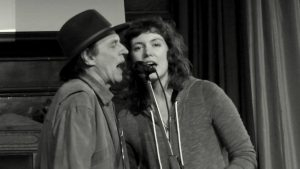
It never occurred to me, after Ron died, until this weekend in Lunenburg, that I would never hear him sing that song again, that yet another connection to my father was lost. I thought how there is no one left to sing this song that will mean anything to me, that could be authentic and genuine for my experience. Another thread had broken. And, God, how I miss Ron. I’ve been doing so much healing over the past few years over the loss of my father, and losing Ron was huge. A friend, a mentor, a hero, a connection to my past. I always felt Ron could just stand on stage and say nothing, and we, the audience, would sit in awe, his stage presence was so powerful.
I remember just after Ron passed, his nephew Joel wrote a piece about how - yes – Ron was a legend and amazing, but he was also a man afflicted and consumed by his addictions. And that although Ron had had cancer, what really killed him was his demons. So when I learned Godspeed, I was singing it not only to honour Ron Hynes and my father, but to flip that song around because now it also speaks to me of Ron’s passing. A tortured soul who never got control of his addictions and in the end they took him away from us. He didn’t take his life like my father, but in some ways he did.
So at the tribute this weekend, we sat and talked and sang and shared and laughed and cried. As the circle of sharing came back to me, after an emotional roller coaster ride, I picked up my guitar and started to play the song. My fingers were trembling and the next thing I knew I was weeping In front of the crowd. I tried to start the song and just couldn’t. I got up and walked out.
I went to the bathroom and wept like I hadn’t in a long time. These guttural sounds were coming out of my throat and I felt full on wailing grief. The show continued on without me and Andrew, from the Fortunate Ones gave me a glass of water and a big hug, thank god – I really needed it.
I felt so embarrassed, usually I can keep it together on stage, and I was thinking “who am I to feel this much grief over Ron.” But I somehow managed to pull myself together, walked back on stage, listened to more stories from everyone and then, without saying a word or explaining why I wanted to play the song or why I was such a mess, I launched into Godspeed. Dave Gunning sat beside me and helped me through it. I was shaky but I felt supported by everyone around me and I got through it somehow. When I ended the song I put down my guitar and looked up as the entire room stood up in applause.
They got it. Without me explaining, they understood. Now, as I sit here and write this, I am still crying. Crying in grief but also gratitude, so thankful to be able to share something like that, no matter how hard it was.
From that point on in the weekend, people kept coming up to me and hugging me, like I was their child, like they understood.
What other festival would this happen at? So – thank you Lunenburg. Thank you for your beauty, for your enthusiasm for songs, for your deep love of songwriters and for being real people who see us crazy musicians as real people too.
“God only knows
What takes a petal from a rose
What makes the dark rivers overflow
What makes a lifetime come and go…
Godspeed, Godspeed…”
All my love,
Catherine
